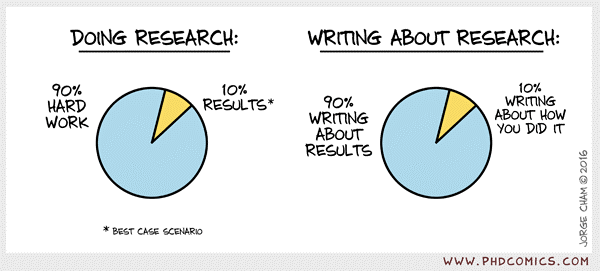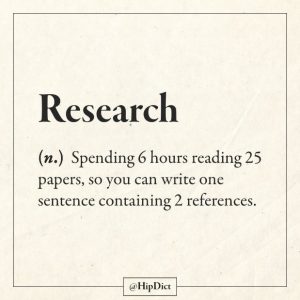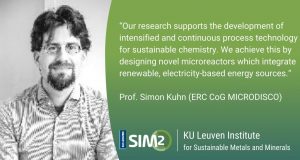Although writing a document presenting your work seems the least attractive part of doing research more or less for all researchers, it is maybe the most important part. As long as you present your work, you can have contact with all other researchers, you can contribute to literature and your work becomes valuable. You can present your academic work by a poster, by giving a talk, by writing publications, or if you are still doing your educational degree; by writing your thesis!

Especially if you are doing your research/education in some Science & Engineering Faculties, at the first step of writing a document, you should gather all steps of your study in your mind: which experiments you have carried out? which computer simulation did you run? how did you construct your algorithm? which materials you used? which methods? which parameters? which data you obtained? etc. Answering all that questions and writing them down in an order generally give a surprising outcome: You have been in laboratory/office for months, sometimes in the nights, sometimes in the weekends, you have faced with different problems in almost every steps of your experiments and you have managed to obtain your results at the end of the marathon; but, that marathon constitutes just a really small part of your document! Then the second step comes: You have to refer literature, compare your results with some other works done by other researchers, and evaluate your results within theories and/or hypothesis. For these part, you have to dive into literature. Sometimes even though you have been reading literature for hours, you are just able to write down 2 sentences to your document! The structure of the content is more or less same for all academic writings (thesis, publications, reports etc.). But thesis is a bit more detailed than a publication, and you have sometimes additional formatting rules, depending on your graduate school, to take into account. That’s why writing a PhD thesis is the most challenging academic writing ever for most of the researchers holding a PhD degree!

Ekim Sarac, University of Göttingen




